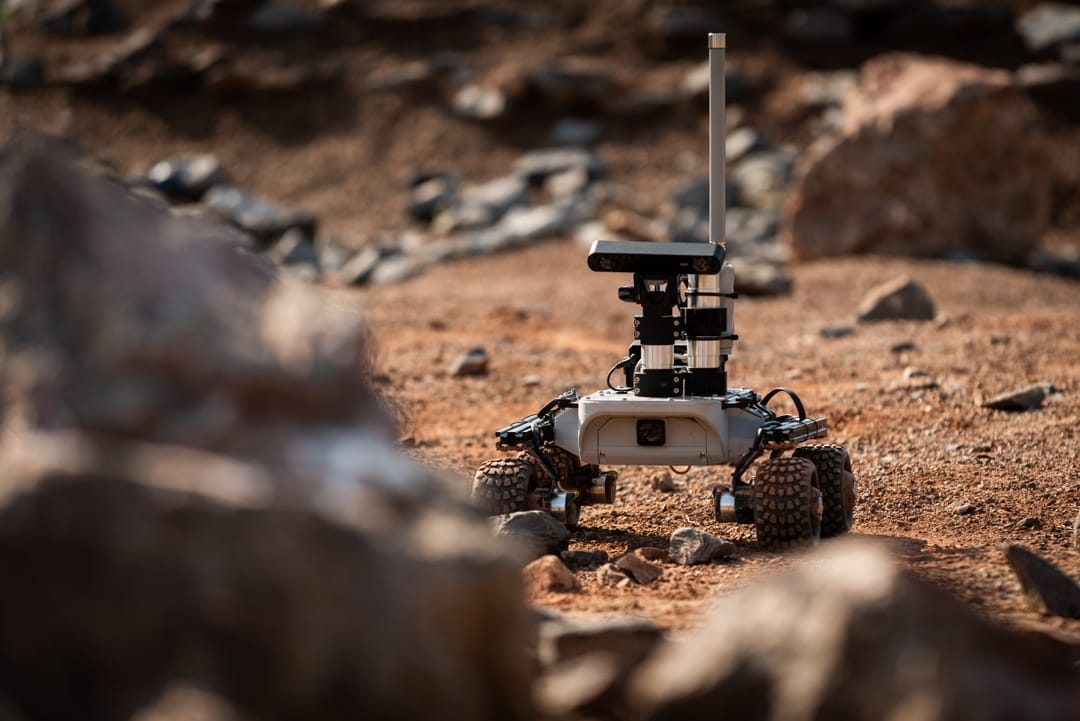A rover robot is a type of mobile robot that is designed to traverse rocky and uneven surfaces, explore inaccessible or hazardous environments, and perform various tasks such as surveying, sampling, and imaging. They are commonly used in space exploration missions, where they are deployed on planets and moons to collect data and perform experiments. Rover robots are typically equipped with various sensors,  including cameras, microphones, and spectrometers, and they can be controlled autonomously or remotely from a control station. They are also equipped with advanced control systems that allow them to navigate through challenging environments and adapt to different terrains.
including cameras, microphones, and spectrometers, and they can be controlled autonomously or remotely from a control station. They are also equipped with advanced control systems that allow them to navigate through challenging environments and adapt to different terrains.
There are many possible thesis topics on rovers, depending on your interests:
- Investigation and implementation of machine learning algorithms for autonomous decision-making and path planning of a rover robot in unstructured environments
- Designing adaptive control strategies for rugged terrains and uneven surfaces for rover robots
- Developing a predictive control system for rover robots to anticipate and compensate for delays in communication networks
- Build a new rover robot that improves on current mechanical designs in some aspect
- Investigate new types of sensors and processing techniques for autonomous navigation
- Developing a scalable control architecture for fleets of rover robots in large-scale missions, ensuring efficient and coordinated operation.
You can build your own rover, put together a kit, or work on a virtual rover in simulation. The European Rover Challenge (ERC) has both a physical and virtual competition for rovers, and can serve as inspiration for thesis topics. Whether you decide to attend the competition is up to you, but be aware it is in the fall, so it will have to be after submission of the thesis in the spring.
These are just suggestions, so please contact us for an informal chat if you'd like to work on rovers, but prefer another direction than what has been suggested above.